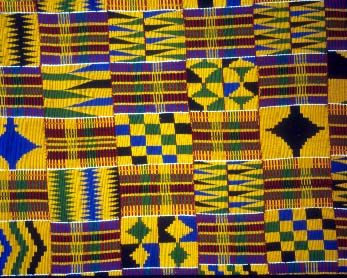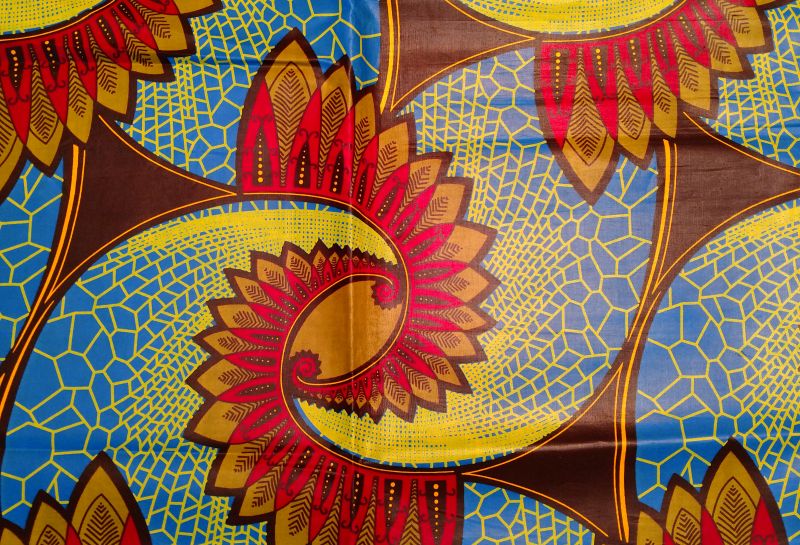Events
 Back to Events
Back to Events
- Date:
- Thursday, 06 Dec 2018
- Time:
- 12:00 p.m. to 1:30 p.m.
- Location:
- Room 201, International Center
- Department:
- African Studies Center
About the Talk:
Diaspora Identity, the unhomely and the politics of belonging in Indian East African novels
Novels by African writers of Asian descent construct Asian experiences in the western Indian Ocean (East Africa) as counter-narratives that seek to provide alternative and more nuanced accounts of Asian presence in the region. The novels plot complex webs of mobility, exchange and transnational affiliations that unfold against the backdrop of the transition from colonialism to political independence, and the consequent disintegration of the region into postcolonial nation states. Representations of these processes in Peter Nazareth's In a Brown Mantle (1972) and M. G. Vassanji's The Gunny Sack (1989) foreground the nation as a site where nationalist politics and diaspora consciousness jostle for the determination of Asians' subjecthood and legitimacy in the emerging post-independence nation-states. Representing the tensions between diaspora (cultural) identities and postcolonial citizenship, Nazareth and Vassanji remind us that Asian identity in East Africa is structured by the rift between filiation and affiliation, which, as Werner Sollors argues in his reading of modern identity, has more to do with the fact of being a minority than with ancestral origins. The two authors problematize the pioneering approach that Bahadur Tejani takes in Day After Tomorrow of imagining national integration through romance by offering, instead, a model of post-independence citizenship based on Asians' evident participation in nation-building. Their protagonists represent markedly different options for relating to the nation-state – options which, I argue, foreground local historical and political realities that produce the novels.
About the Speaker:
James Ocita is a lecturer in the Department of Literature, and until recently a Research Associate in the Makerere Institute of Social Research (MISR), Makerere University, Uganda. He obtained his Ph.D from Stellenbosch University, South Africa in 2013. He also holds an MFA from the University of Maryland at College Park and MA from Makerere University. Dr. Ocita is currently a 2018 African Studies Association (ASA) and American Council of Learned Societies Presidential Fellow. He is also a co-contributor for a narrative bibliography, The Year's Work in English Studies from 2018 – 2021. Recently, he completed an African Humanities Program Postdoctoral Fellowship and he is finalizing his book monograph, based on his doctoral thesis, provisionally titled Diasporic Imaginaries: Memory and Negotiation of Belonging in East African and South African Indian Narratives. His teaching and research interests include Ugandan literature, African literature, postcolonial theory, Indian African diaspora literature, African diaspora and Caribbean literatures, contemporary African popular culture, and creative writing. His recent publications focus on narratives of Indian experiences in East and South Africa, and explore ideas such as mobility, memory, home, cultural identity, transnationalism and global mobility of postcolonial subjects. Currently, he is exploring the coast and the hinterlands of East Africa as metaphors for various dualities and the cultural dynamism of the Indian Ocean world.



